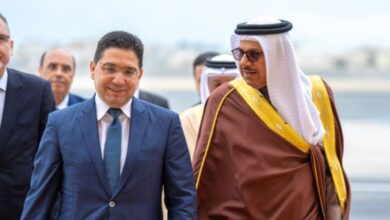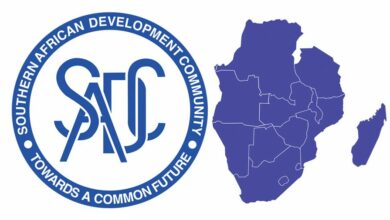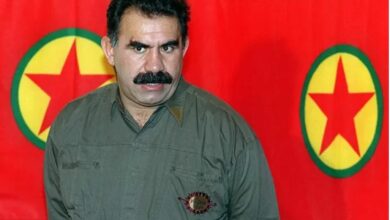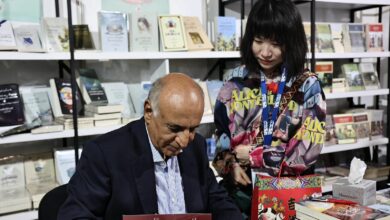Ethiopia Following Kenya’s Lead on the Western Sahara Issue: A Strategic Shift Reshaping Africa’s Diplomatic Landscape
Ethiopia Following Kenya’s Lead on the Western Sahara Issue: A Strategic Shift Reshaping Africa’s Diplomatic Landscape
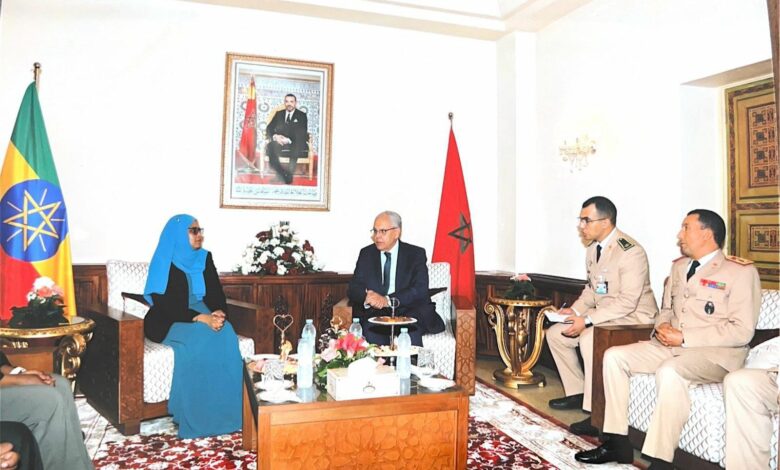
Aldar / Analysis
Strong signals suggest that Ethiopia—Africa’s second-most populous nation—is moving steadily toward recognizing Morocco’s sovereignty over Western Sahara. This potential shift comes just weeks after Kenya officially expressed its full support for Morocco’s territorial integrity, sparking considerable interest among political and diplomatic circles across the continent.
In recent months, Moroccan-Ethiopian relations have witnessed an unprecedented dynamism marked by high-level exchanges, particularly in the fields of defense and security. The most notable development is the official establishment of a joint military committee between Rabat and Addis Ababa, with plans for regular meetings alternating between the two capitals. This initiative signifies a deepening strategic alignment that goes beyond military coordination toward a comprehensive partnership encompassing regional security, counterterrorism, capacity building, and experience sharing.
This rapprochement is not sudden—it stems from King Mohammed VI’s landmark visit to Addis Ababa in 2016, which heralded Morocco’s strong return to the African Union. Since then, Morocco and Ethiopia have signed numerous bilateral agreements across multiple sectors. Among the most notable is the establishment of a major fertilizer production complex, financed by Morocco, which has become the largest of its kind in East Africa.
However, today’s developments represent a shift from primarily economic cooperation to a clearly defined political positioning. As a key member of both the Intergovernmental Authority on Development (IGAD) and the African Union, Ethiopia understands that its stance on the Sahara issue could significantly impact regional alignments—especially in the context of what Morocco views as the ongoing erosion of support for the separatist Polisario Front, heavily backed by Algeria.
On the opposite side of this growing Moroccan-African partnership, Algerian diplomacy appears to be facing one of its most difficult periods. Despite repeated attempts to sway traditional allies on the continent, Algeria has suffered a series of diplomatic setbacks, including several Latin American, African, and Caribbean countries publicly endorsing Morocco’s sovereignty over the Sahara.
Observers argue that Morocco’s strategy—based on quiet diplomacy, mutual development, and pragmatic cooperation—has proven more effective than Algeria’s confrontational, ideological rhetoric. In a continent increasingly focused on peace and economic growth, slogans from the Cold War era appear to be losing their appeal.
Although Ethiopia has not yet officially declared its support for Morocco’s position on the Sahara, the growing convergence and current geopolitical context suggest such a move could be imminent. Security and military coordination, joint economic ambitions, and evolving stances within the African Union all point toward an impending policy shift from Addis Ababa—one that could signal either implicit or explicit recognition of Moroccan sovereignty.
Should Ethiopia formalize this support, it would deal a significant blow to Algeria’s ongoing efforts to obstruct a UN-led resolution of the conflict. It would also strengthen Morocco’s diplomatic position at the United Nations and further isolate the Polisario Front, which has been losing international backing and legitimacy on the ground.
As analysts watch the evolving African landscape on the Western Sahara issue, it becomes clear that Morocco continues to consolidate its influence through soft power and strategic partnerships. This approach reflects a royal vision that prioritizes South-South cooperation, mutual respect for sovereignty, and sustainable development as the foundations of lasting alliances.
In contrast, Algeria appears increasingly boxed in by outdated policies, limiting its capacity to exert influence in a rapidly transforming region. As one analyst aptly put it: “While Rabat builds bridges, Algiers builds walls”—a stark contrast between those investing in the future and those clinging to the past.


